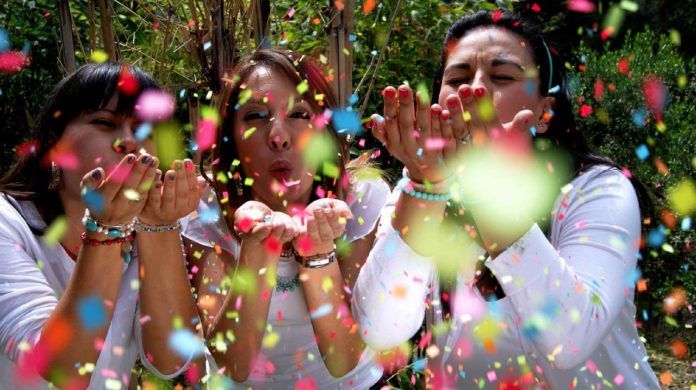There’s been a lot of dialogue surrounding depression. Depression can make people feel like their minds have completely rebelled against them. Such kind of people does not feel to socialize. But, in case if they did something good with their friends, it may improve their mood. According to a new study by the University of Rochester suggests that spending some good time with friends can fight depression.
Assistant professor of psychology, Lisa Starr said, “It’s the social activities—positive, everyday experiences that involve other people—that may be most likely to brighten the mood of those struggling with depression.”
Based on real life events, they study contradicts earlier studies that suggests the moods of people with depression are relatively unresponsive to positive stimuli. That means, when people experience the positive event, their mood is unlikely to improve markedly.
During research, scientists involved 157 young adults. Almost two-thirds of participants had mild, moderate, or severe depressive symptoms. And the remaining had no symptoms. It enables the researchers to examine whether the level of depressive symptoms changes the way people respond to positive experiences.
Through this research, they wanted to know if people with elevated levels of depression felt better when good things happened to them. The same applies for the expectation of good things to come.
Scientists consistently kept tracking participant’s mood as it related to recent and anticipated positive events in their lives. For example, spending time with friends, or exercising.
The participants with greater baseline dysphoria reported higher levels of depressive symptoms. They showed a stronger link between daily uplifts and lower daily depressive symptoms. Such kind of participants found as less interested in positive next- day experiences. But when the anticipated in such events, they found themselves less depressed.
Starr said, “The findings have really important implications for treatment and are especially compatible with a treatment model called Behavioral Activation, which suggests that if you can help depressed people to engage in positive experiences—despite their low motivation to do so—their mood may improve.”
